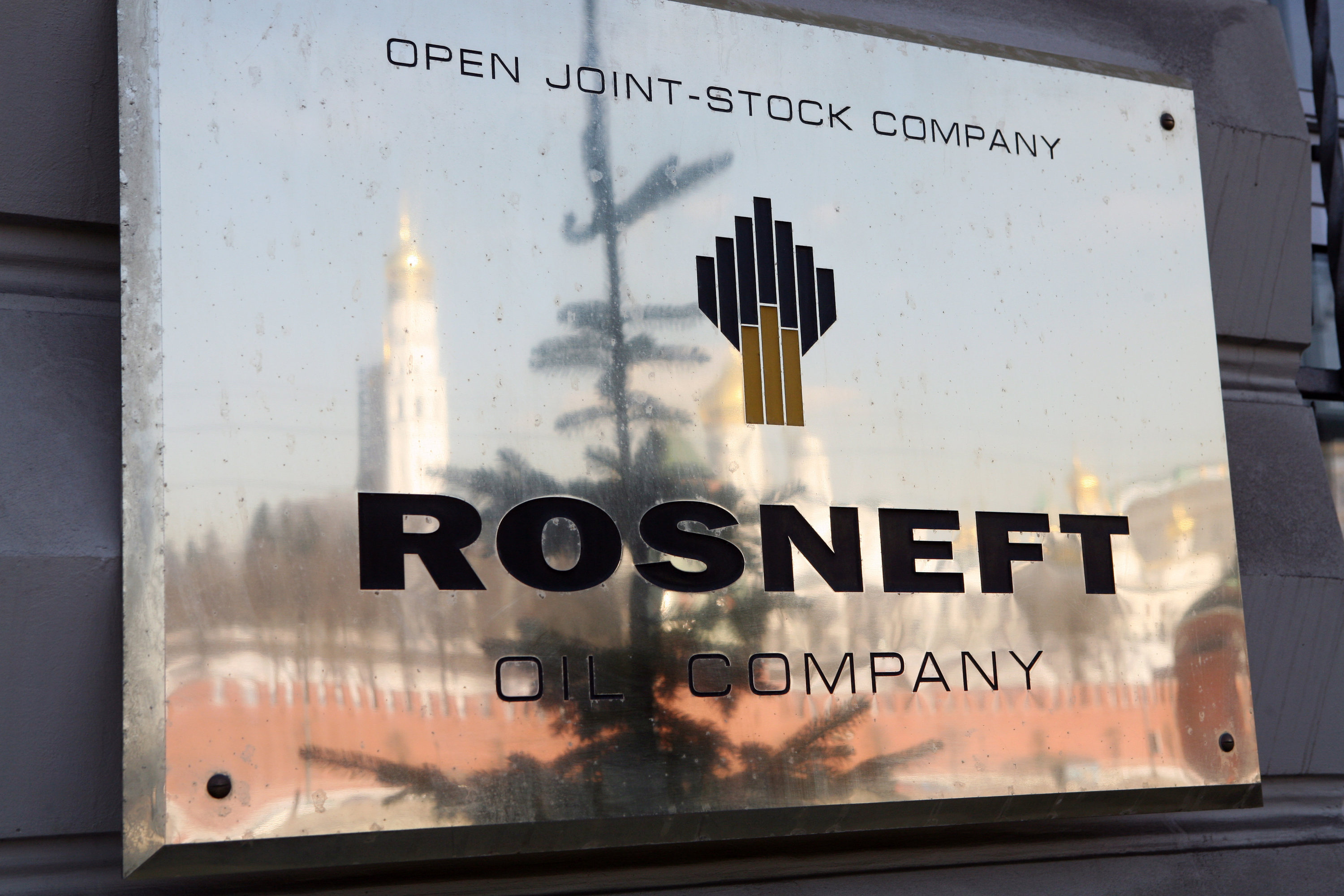MOSCOW, November 6 - RAPSI. For reasons unknown, the Moscow District Federal Commercial Court has adjourned the appeal hearing between renowned Russian opposition leader Alexei Navalny and oil giant Rosneft until November 20, a court spokesperson told the Russian Legal Information Agency (RAPSI/rapsinews.com).
Navalny is challenging a lower court ruling which overturned an order by the Federal Service for Financial Markets requiring Rosneft to provide board of directors material to Navalny, a minority shareholder.
In July 2010, the federal service found Rosneft's refusal to provide Navalny with the board's protocols was in violation of the law. The service ordered Rosneft to rectify the violation and provide the minority shareholder with the documents he requested. Rosneft appealed against the service's resolutions at the Moscow Commercial Court.
In April 2012, the court upheld the oil company's lawsuit, finding the service's orders unlawful.
The Ninth Commercial Court of Appeals upheld the first instance's ruling.
The Moscow Commercial Court held that the minority shareholder was not entitled to access to the board's protocols in full, since he owned less than 25 percent of shares. The Rosneft board of directors considered issues of extended competence and only shareholders with more than 25 percent of shares in the company can have access to this information, in accordance with the companys confidentiality policy.
In April 2011, Navalny asked Rosneft for copies of seven contracts concluded as part of a major oil supply deal with China. He later submitted a similar request to the company in October. Among the requested documents are contracts for a $15 billion loan issued to Rosneft by the China Development Bank and a 20 year crude oil supply contract with the China National Petroleum Corporation (CNPC).
The transactions were approved by Rosneft on June 19, 2009. Navalny filed the lawsuit as he believes the treaties were not concluded on an arm's length basis.
Russia has supplied oil to China via the Eastern Siberia-Pacific Oil pipeline since January 1, 2010. In accordance with a Russian-Chinese intergovernmental treaty, the oil will be supplied for 20 years based on contracts signed by Rosneft, Transneft and CNPC, in the amount of 15 million metric tons per year. The treaty states that the buyer will pay the market price for the oil.



